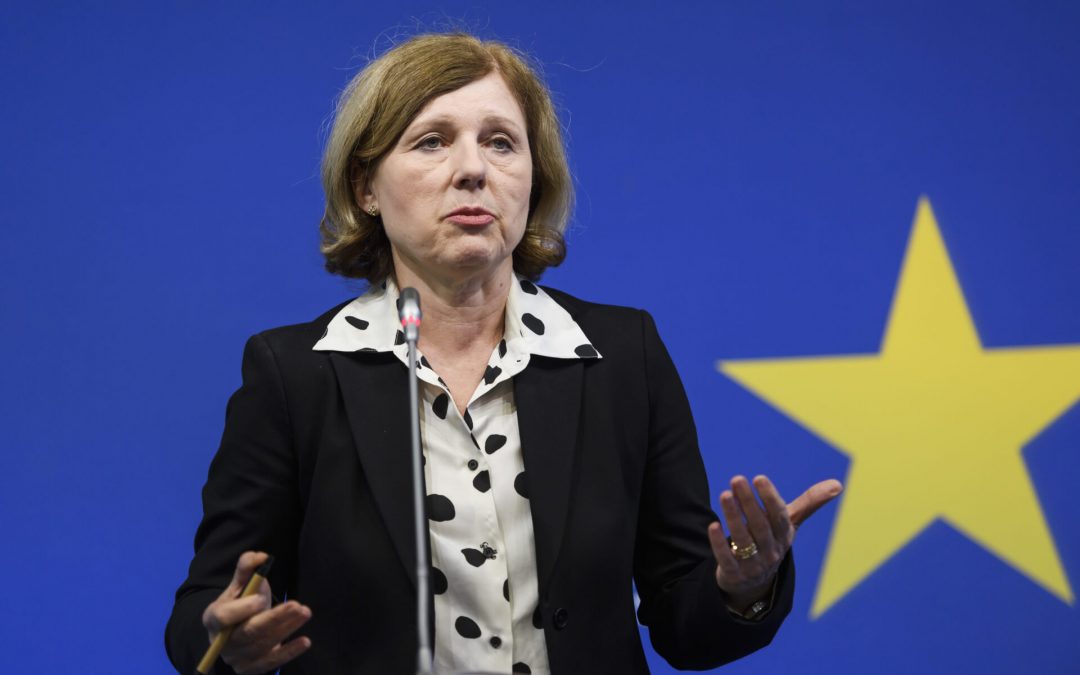BRUSSELS – The perceived level of judicial independence in Croatia remains very low, there is some progress in the fight against corruption and significant progress regarding the salaries of judges and prosecutors, but there is no progress in terms of transparency in the allocation of state advertising in the media, according to the summary of assessments from the EC’s annual rule of law report.
The Commission noted that the perceived level of judicial independence in Croatia remains very low among the general population and businesses.
The level of perceived judicial independence is very low, below 30 percent in Croatia, Poland, and Bulgaria. On the other hand, it is extremely high, above 75 percent in Denmark, Finland, Austria, Sweden, Luxembourg, and Ireland.
Only 23 percent of citizens in Croatia believe that the level of independence of courts and judges is “fairly or very good” in 2024, while among companies this percentage is slightly higher – 28 percent. Compared to last year, the level of perceived independence increased slightly from 22 to 23 percent, while among companies it recorded an increase of 18 percent.
The main reasons for the perceived lack of independence of courts and judges cited by the public and companies are interference or pressure from the government and politicians, as well as interference or pressure from economic or other specific interests.
The European Commission on Wednesday published the annual rule of law report, a relatively new instrument with a preventive role to help in the early detection and prevention of emerging problems in this area.
The report covers four key areas: judicial systems, the framework for the fight against corruption, media freedom and pluralism, and institutional issues related to the system of mutual control and balance between the legislative, executive, and judicial branches.
The Commission notes that the Agency for Electronic Media enjoys financial independence, but there are calls to further enhance this independence, and that the agency continues to play a major role in managing funds for the promotion of media pluralism.
The report states that information about media ownership is publicly available, but there remain some challenges regarding the transparency of actual ownership.
The Commission is very critical regarding the transparency of the allocation of state advertising in the media.
Following the adopted rule of law report, the Commission has issued several recommendations to Croatia.
The first is to revise the Criminal Procedure Act and the Act on the Office for the Suppression of Corruption and Organized Crime in accordance with the Anti-Corruption Strategy to further increase the efficiency of investigations and prosecution of corruption crimes.
The second is to intensify efforts to strengthen the legal framework and oversight mechanisms to ensure fair and transparent allocation of state advertising in the media at national, regional, and local levels, including the public tender process.
It also calls for continued efforts to address SLAPP lawsuits against journalists, including reviewing legal provisions on defamation and promoting the wider use of procedural rules that allow for the dismissal of unfounded lawsuits, taking into account European standards for the protection of journalists.
The final recommendation is to improve the handling of recommendations from the Ombudsman and ensure more systematic responses to the Ombudsman’s requests for information. (July 24, 2024)
 go to the original language article
go to the original language article
